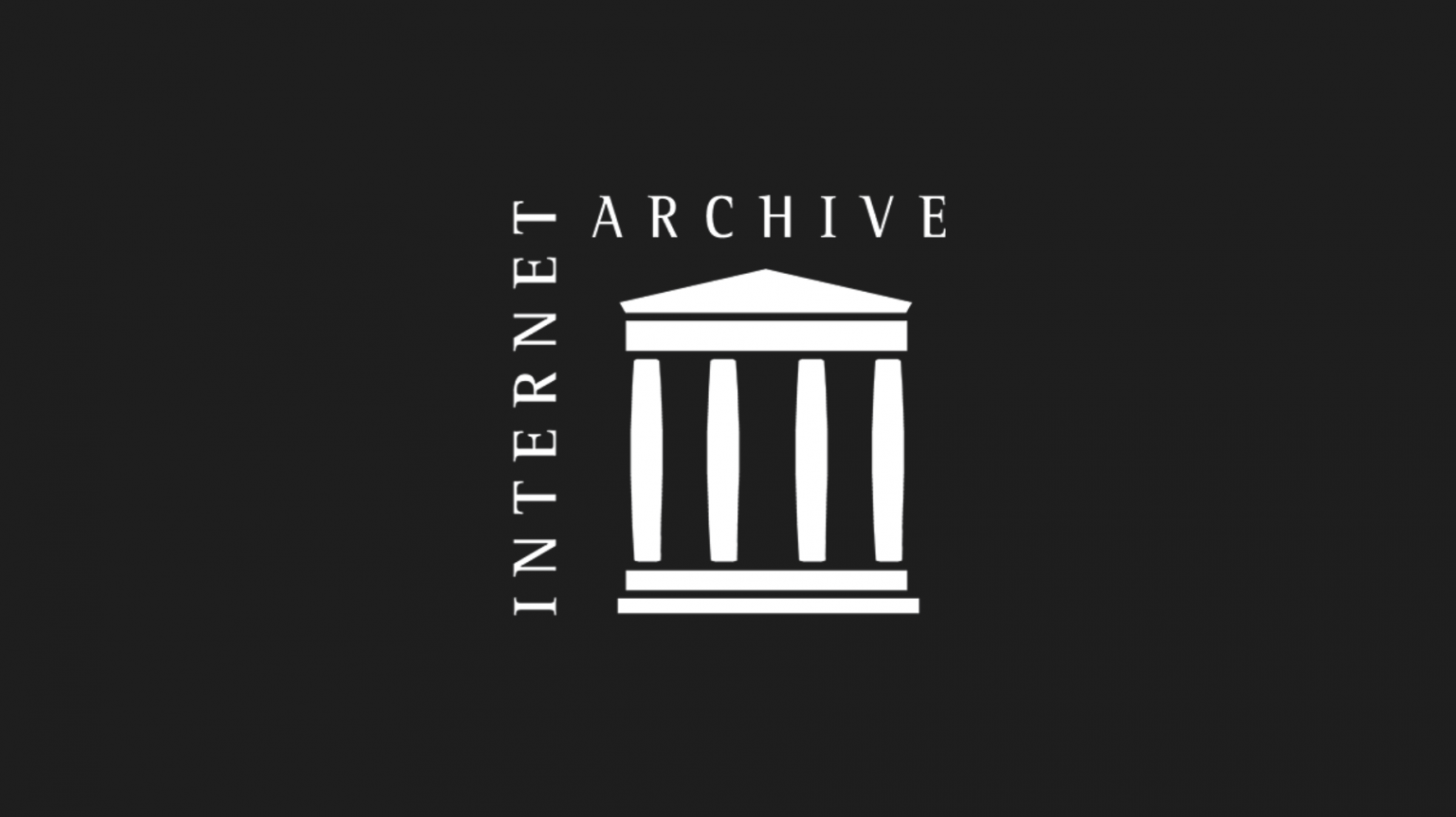Teaching Guidance for ChatGPT and Related AI Developments
March 27, 2023: Instruction
Academic Senate
Graduate and Undergraduate Councils
To: All Faculty
What you need to know:
• ChatGPT and related AI tools are rapidly transforming higher education
• Instructors are encouraged to clarify and communicate expectations to students
• Consider incorporating academic integrity policies into your syllabus
Dear Colleagues:
Increasingly widespread availability of artificial intelligence tools such as Open AI’s ChatGPT poses challenges and opportunities for higher education. While the long-term impact of these tools on higher education is not yet clear, we nonetheless write to offer some short-term context, and to direct your attention to campus guidance(link is external) compiled collaboratively by CEILS, CAT, OTL, and the Bruin Learn Center of Excellence, and other campus partners. We recognize that the ideas below may be appropriate for some cases and less so for others. We hope that they are nonetheless helpful in guiding your thinking and judgment about how to best adapt your courses to a changing world.
Getting Up to Speed
ChatGPT was made publicly available in November 2022, immediately raising questions about its impact on higher learning. It can generate convincing and human-sounding responses to a wide variety of questions and prompts. While its responses may contain errors of fact or logic, they are clearly written and generally meet the standards of college and academic writing.
This capability raises the concern that students may submit ChatGPT output for course assignments without substantively engaging the material, putting students who do not use AI tools at an unfair disadvantage and raising academic integrity issues (see below). At the same time, AI tools offer significant opportunities to enhance learning by acting as a virtual tutor or prompt for thought; some instructors are incorporating them into coursework with the goal of preparing students to understand and use them appropriately.
There has been extensive media coverage of ChatGPT and its potential impact on higher education, for example in the New York Times and the Chronicle of Higher Education. While ChatGPT is not the only generative AI-tool, it stands out for its rapid adoption and easy use. It is reasonable to assume that many of your students are already using it in various ways.
Instructors are encouraged to try ChatGPT out, for example by entering a paper prompt or a take-home exam question.
Clarifying Expectations
It’s important for instructors to clarify expectations with students and TAs. Let students know what are and are not acceptable ways to use AI tools for assignments in your course: indicate your expectations in your syllabus, and discuss them in class. Bear in mind that students are contending with different expectations from different instructors.
Campus guidance offers examples for clarifying expectations about acceptable uses and attribution. The guidance website also contains ideas for modifying assignments and course structure to promote academic integrity and to develop students’ ability to critically evaluate AI tools.
This is a time of change, when we cannot anticipate all of the ways students may use AI tools. Therefore, it is helpful for instructors to communicate principles and guidelines and ask students to apply them to new situations as they arise.
Academic Integrity
The UCLA Student Conduct Code(link is external) states, “Unless otherwise specified by the faculty member, all submissions, whether in draft or final form, to meet course requirements (including a paper, project, exam, computer program, oral presentation, or other work) must either be the Student’s own work, or must clearly acknowledge the source.” Unless an instructor indicates otherwise, the use of ChatGPT or other AI tools for course assignments is akin to receiving assistance from another person and raises the same concern that work is not the student’s own.
Please communicate this to your students, and consider incorporating this language into your syllabus.
Moving Forward
In the recent Town Hall about ChatGPT and its relationship to UCLA’s academic mission, EVCP Hunt noted that AI tools are not going away. Indeed, their capacity and availability continue to grow rapidly. Additional events and resources to support our instructional community are currently in the planning stages.
UCLA is fortunate to have in-house experts in the study of artificial intelligence, and is positioned to not only meet challenges that this technology raises, but also to prepare our students to be leaders in the understanding, use, and critique of artificial intelligence across disciplines — now and in the future. As we adapt, our choices should be guided by the goal of advancing our academic mission and, as part of that, of best preparing our students to succeed in and contribute to a dynamic world.
Sincerely,
Kathy Bawn
Chair, Undergraduate Council
---
James Bisley
Chair, Graduate Council
===
Source: https://senate.ucla.edu/news/teaching-guidance-chatgpt-and-related-ai-developments.
========================
Yours truly would add to the Senate's guidelines that anti-plagiarism programs such as TurnitIn will not determine whether or not a student has used an A.I. program for a submission. Probably, the best detector at this point is a submission with no spelling or grammatical errors, although clever students will soon learn to add some errors. Another warning sign is information that you know to be false, but is confidently asserted to be true in submissions.
You could ask for submissions of term papers in steps: first an outline, then a rough draft, and then the final product in a sequence during the quarter. Yours truly used that approach, not for A.I., but to help students learn how to construct an essay. That approach will mean more work for the instructor or whoever is doing the reading. And eventually students will figure out how to get A.I. programs to decompose submissions into those three steps.


























